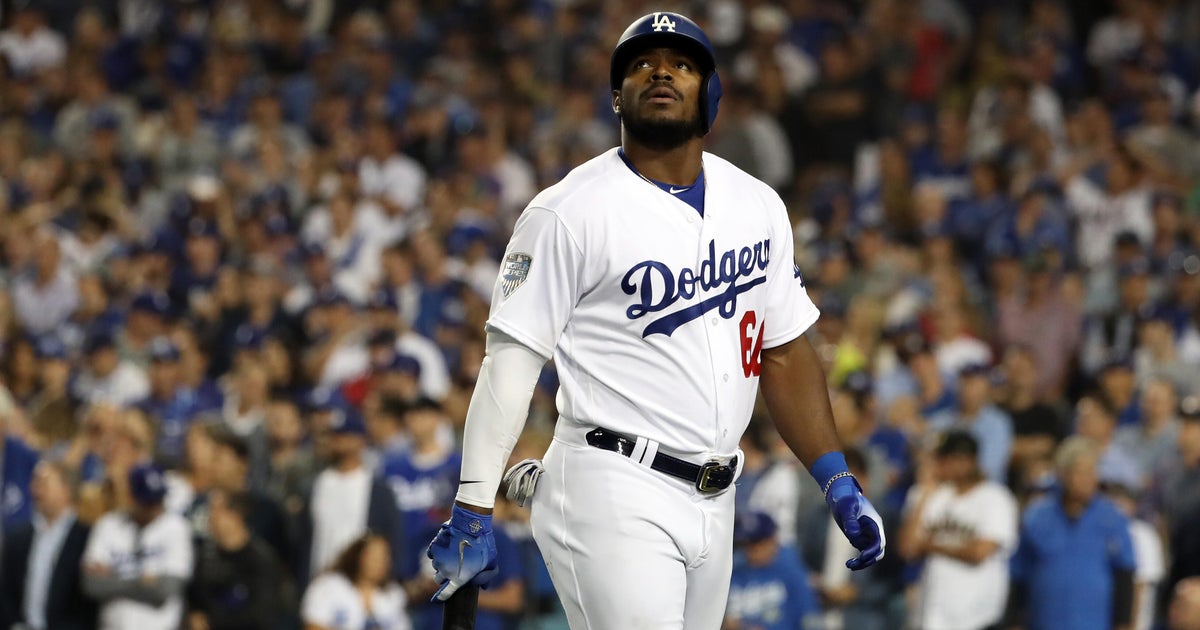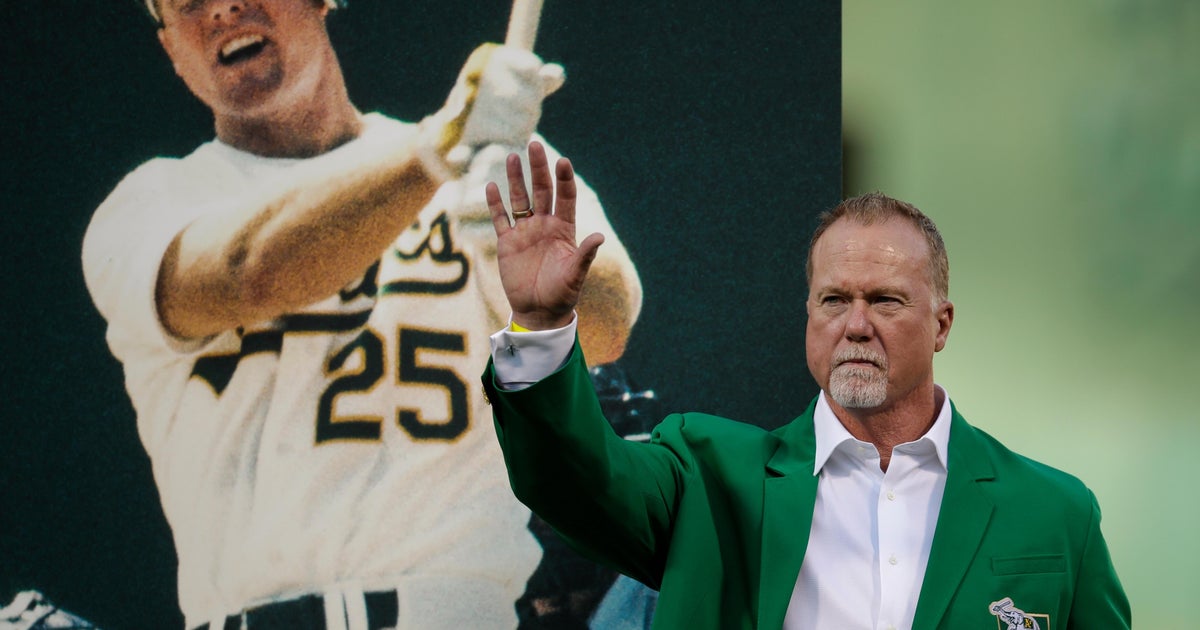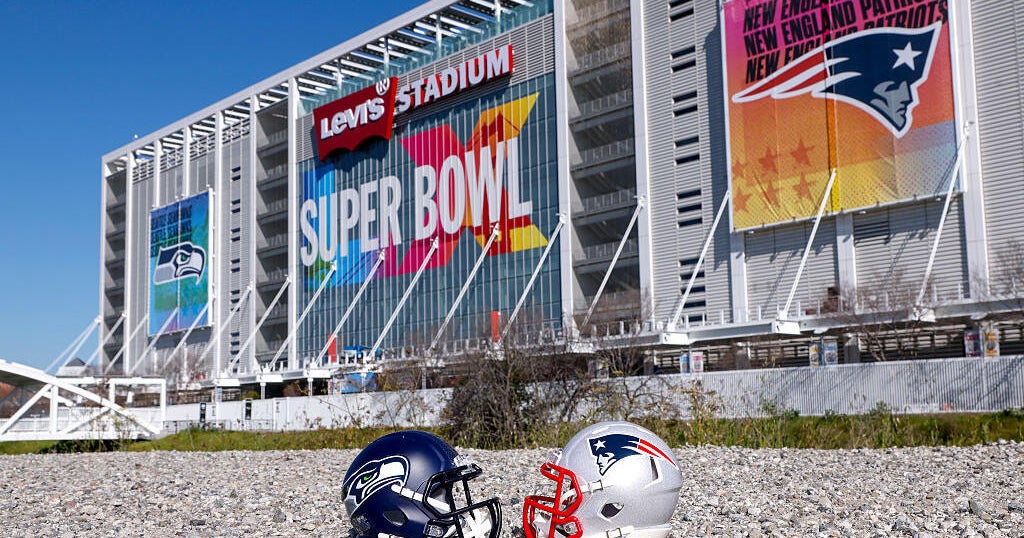Eldon Ham: Muhammad And Me
By Eldon Ham-
(CBS) The enigmatic Muhammad Ali could be brutally honest and sometimes brutally cruel, but he was also funny, creative, athletic, glib, poetic, determined, humble, pious, anarchistic, dignified, irreverent, sometimes out of line and other times a beacon of change during the 1960s days of rage.
In short, Muhammad Ali is a tarnished example of everything humanity could be. And a bit more.
Author Norman Mailer called him "luminous." To sports journalist Howard Cosell he was "truculent." Some say he was a draft dodger, others believe he laid everything on the line by sticking to his true beliefs and thereby losing three of his peak championship years. For two decades Muhammad Ali was the most famous human on earth, an African American who discovered Africa for himself, railed against the unfairness of racial discrimination in America, and was a leading antiwar activist.
Ali has now turned 70, afflicted by Parkinson's and who knows what else. He once was one of the greatest and fastest talkers of our day, able to keep up with the cerebral likes of sportscaster Howard Cosell and just about anyone else. Cosell took himself seriously, but Muhammad was playful, penning what has been recognized as the shortest poem in the English language: "Me, Whee."
When I was young my father and I shared many moments listening to Ali's early fights on the radio, and then 25 years later our paths crossed for real when I represented Muhammad on a business contract and some endorsement work when he did a licensing deal pitching NFL gear. I was a youngish lawyer with a national sports agency at the time, Steve Zucker's ZSMG, which handled scores of top NFL players and other pro athletes, none of whom was more charming than Ali.
One day in 1990 we found ourselves at a two-hour business lunch with Ali at Gene & Georgetti's, a legendary Chicago steakhouse. Ali made fun of my age, for he was 48 and I was just 38, which seemed much too young to him. He was tall and still svelte, handsome, and indeed luminous. This was the legend I had heard on the radio: Ali's thrashing of Sonny Liston, his taunting of Floyd Patterson, the verbal abuse of Ernie Terrel, all had made an indelible impression. I was only 12 or 14 in those early years, an unathletic small town white kid, and I thought Ali was a loudmouth lunatic, maybe even a racist. But as I matured I came to realize that Ali was a national icon, a proud but sensitive human being who was like no other modern athlete. He spoke his mind and put humanity ahead of athletics and even money, especially when he dropped his given name Cassius Clay and adopted the Muslim moniker Muhammad Ali, protested the Vietnam War and the draft, then took on the federal government, winning a key Supreme Court draft case to prove his point about war, religion, and conscription.
Ali got into boxing because someone stole his bike when he was 12. Six years later he won the Olympic gold medal. In 14 more years he would become the only man to win the heavyweight crown three times, including one of the most stirring athletic moments of the 20th Century when he defeated the behemoth George Foreman on the world stage of Zaire, Africa in 1974, regaining the title he had lost to politics. Ali was aging and slow, Foreman young, strong, and so powerful that he was 37-0 when he won the title from champion Joe Frazier (then 29-0) by pummeling Frazier to the canvas six times in two rounds. No one gave Ali a chance against Foreman, some taking bets on whether Ali would actually be killed in the ring. But Ali wore Foreman down in the heat, then peppered George with punches in the eighth round, knocking Foreman himself out before a stunned world audience.
Muhammad Ali changed the world of heavyweight boxing with flashy speed, dancing, and stinging jabs at a time when championship fights were as big as the Super Bowl. But he also took on war and politics, racism and tyranny, while being strangely cruel to his opponent Joe Frazier, an act of malevolence he later regretted.
Muhammad Ali was one of the two the most determined athletic competitors of our time. The other was Michael Jordan. But in the end, Ali is more than just a world athlete; he became "The Greatest," a world figure, an icon of politics and peace and, ultimately, the frailties of humanity. In my case, Muhammad also evokes many hours of father-son moments courtesy of an old Silvertone radio.
"Me, Whee," Muhammad. Happy Birthday.
Eldon L. Ham is a member of the faculty at Chicago-Kent College of Law where he has taught Sports, Law & Society since 1994 and won the Distinguished Service Award in 2010. He is the designated legal analyst for WSCR Sports Radio in Chicago, the three-time past chair of the Chicago Bar Association Law & Literature Committee, and the author of four books on topics of sports history, including Broadcasting Baseball: A history of the national pastime on radio and television. He has been nationally quoted in such venues as the New York Times, USA Today, Business Week, ESPN.com, Chicago Sun-Times, Washington Post, and many more, and his articles have been published by the Harvard University Sports Law Journal, Street & Smith Sports Business Journal, Chicago Tribune, Philadelphia Inquirer, Baltimore Sun, St. Louis Post Dispatch, Trial Magazine, Seton Hall Sports Law Journal, Marquette Sports Law Review, and others. Mr. Ham has practiced law in Chicago since 1976, and has represented scores of athletes, agents, and sports entrepreneurs. For additional background, please visit www.eldonham.com.







